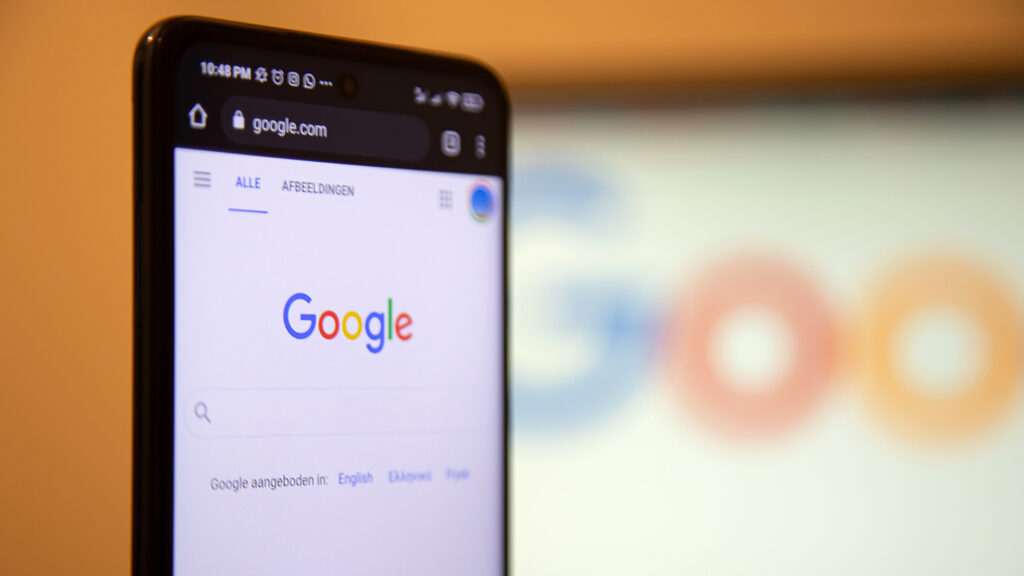

Marketing agency Senior Living Smart had a mystery on its hands. In one day, the Massachusetts-based digital marketing agency heard from four separate clients in four different geographies questioning several unqualified leads, all of which had the same characteristics.
Christopher Zook, director of paid media and strategy, told McKnight’s Senior Living that the senior living clients all told similar stories: sales staff were fielding “bizarre” leads that included language barriers, employment inquiries for positions that didn’t exist, references to TikTok ads for clients that weren’t using the platform, and questions about units priced at $300 per month.
“When we heard from that many people in that short of a timespan, we really knew this was a problem,” Zook said, adding that the company quickly determined that those inquiries came from paid searches.
What went wrong
Zook said that he and his team — one other employee — started looking into Google Ads. What he said they found was that a portion of those ads use search network partners, a collection of third-party companies that white label the Google search engine for their own uses, meaning that they outsource their Google Ads services to an outside partner. Some companies use Google’s revenue share program and receive a financial incentive for every click that an ad generates.
Prospective residents searching the internet for senior living options, Zook said, could encounter those search partners on third-party websites, which would serve an ad that the prospective resident would click. That click, he said, took the prospect to a search partner’s website that contained buttons with pre-filled keywords that prompted visitors to click again, which eventually directed them to a senior living operator’s website.
In one case, Zook said, prospective residents were clicking on ads reading “Best under $300-a-month senior apartments near you.” Some Senior Living Smart clients have a starting rate of $5,000 a month, Zook said, so the confusing keyword manipulation could draw prospective clients to a senior living site thinking that they are getting something that’s not even an option.
“The person who is lost is the prospect,” Zook said. “The search partner is changing the ads they serve based on clicks.”
The biggest challenge for operators, he said, is that the issue eats up the sales team’s time pursuing misguided leads. It also wastes company dollars and further strains relationships between marketing and sales, he said.
“When something like this happens, it really hurts internal relationships,” Zook said.
He said he was able to replicate the search results reported by the sales teams and realized that it was a much bigger problem than he originally had realized.
Although Senior Living Smart knew that the search partners were behind the issue, Zook said, Google doesn’t share the identities of those search partners. Therefore, he said, it is unclear whether the deception is intentional or even whether it is being driven by artificial intelligence or humans.
Finding a solution
After 10 weeks of investigation, Senior Living Smart came up with a series of solutions that it continuously updates to ensure that the misdirection is halted “to the best of our ability.”
Zook explained that Google offers companies various campaigns, but the most common and effective types for senior living are search campaigns. The process involves targeting keywords, selecting a specific geographic area and directing searchers to ads. He said that certain “positive” keywords are known to drive qualified leads, and Senior Living Smart customizes them to account for regional dialects, colloquialisms and branding.
Google also allows firms to say who they “don’t” want to target with ads, Zook said, so Senior Living Smart started rolling out additional “negative” keywords to prevent some of those unqualified leads from disrupting the work of provider sales teams.
It worked.
After implementing the measures, Zook said, the company’s clients saw a 30% drop in impressions, but they also started averaging 21% more clicks and a 30% increase in conversion rates. And in those 10 weeks. Zook said, the solutions made a $26,000 difference, in aggregate, for its clients.
“Because we were able to cut costs to so many low-quality leads and low-quality ad providers, we were able to bump up click-through and conversion rates for clients,” he said.
In the meantime, Senior Living Smart initiated a refund ticket for some clients and provided its research and information to Google. Zook said the solutions are still a work in progress, and some search partners have adapted to his solutions and continue to try to solicit clicks. He added that the process has included constant feedback, implementation and going back to the drawing board.
Lessons learned
Zook said his top suggestion for senior living providers and other firms facing similar issues is to go through the search term report that they receive from Google Ads to see the keywords that people are using to click on ads that become leads.
He also recommended that provider marketing teams keep an open feedback loop with their sales teams.
“There probably is going to be frustration. If that frustration grows in isolation, it is so much more damaging to the internal relationships between the two departments than if you have open communication with one another,” Zook said. “You should be able to talk about this. It might not be an easy conversation, but it is so much better to have than letting it fester.”


